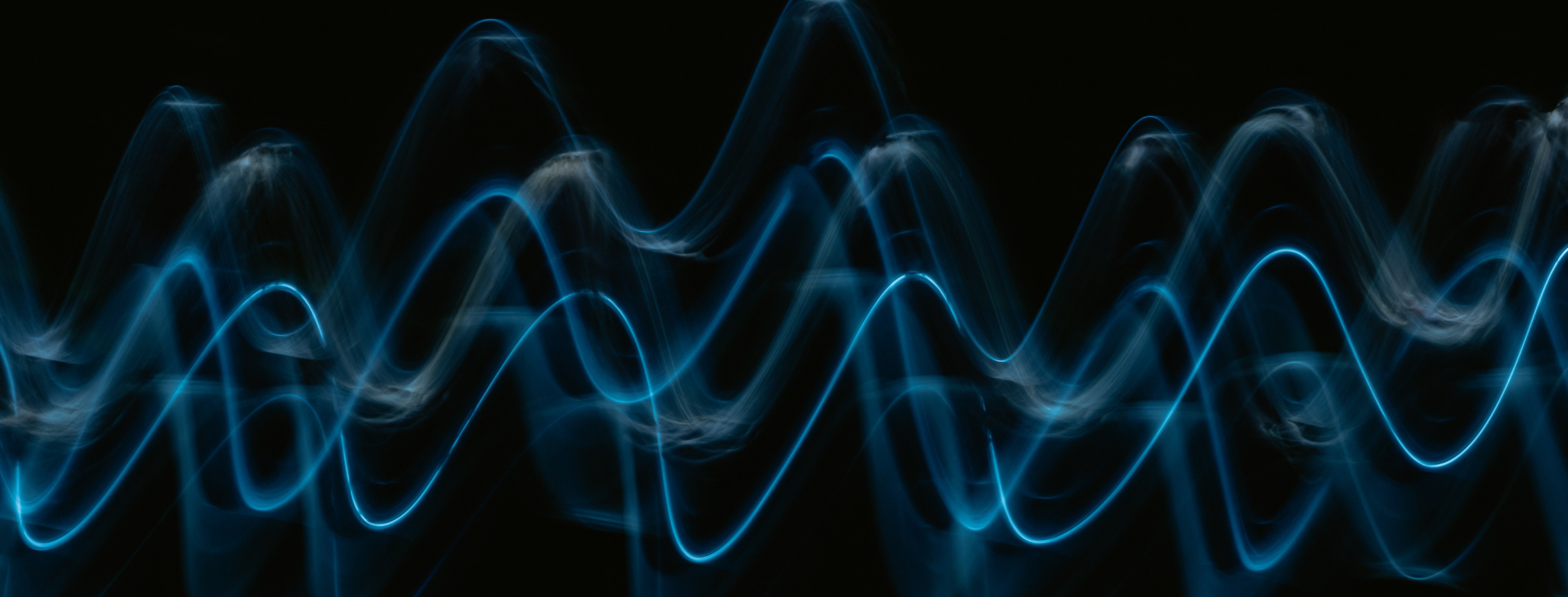According to a 2019 data report on the relationship between adults and sleep from the government of Canada, 1 in 2 Canadians have trouble falling asleep, 1 in 5 don’t feel refreshed after waking up in the morning, and 1 in 3 struggle to stay awake during the waking hours. Needless to say, Canadians are not getting enough sleep!
In the past 2 years, science identified a new sonic sound that might be your solution to your bad sleep. Despite its pretty name, Pink Noise is very similar to white sound but it has a lower frequency, which means the sound is deeper. Keep reading to find out more about Pink Sound and its scientific researches.
What is Pink Sound?
Pink noise, white noise, Red noise, and etc, it seems like scientists are replicating a rainbow to all types of sound. The truth is, the colour of sound is determined by its intensity and energy distribution in its soundwave.
According to Healthline, the colour of noise or sonic hue is labeled by “how energy is distributed over various frequencies, or the speed of sound.” And pink noise, specifically, consists of all the frequencies a human ear can hear but its energy is not equally distributed among all frequencies. In fact, most of the energy is distributed in the lower frequencies, which creates a deeper and more flat sound.
Some examples of pink noise are:
- Rustling leaves in the tree
- Heartbeats
- Steady rain
- Wind
- Waves crashing on a beach
How does Pink noise aid sleep?
Have you ever covered your ears immediately when you hear high squishing sounds, like nails drag across a black chalkboard? Most people have that natural reaction because the human ears do not like high pitched sounds, in fact, the human brain prefers sound with a lower frequency. The same rules apply to Pink noise. According to a 2017 research conducted by Frontiers in Human Neuroscience and 7 different doctors and professors, they discovered that sleeping while listening to pink noise increases the brain’s slow wave activity, which is associated with deep sleep.
Two more studies conducted in 2016 and 2012 by Sleep Medicine and Peking University with Peking University First Hospital, they both showed that sleeping to pink noise while sleeping can improve deeper and longer sleep, which results in improved memory retention.
At the end of the day, it is totally up to you if you want to give pink noise a try. Every person’s sleep pattern is different and unique, so there is no one correct method to aid sleep in general. Here are more resources on sonic sounds and it affects our brain:
This booklist consist of books that talk about how sound affects our brain.



Add a comment to: Pink Noise Is The New Noise For Sleep Remedy